Get posts by email
Can we trust our desires? (The mountains are calling)
November 8, 2019
This is a continuation in the Reckoning Series. For my previous post in this series see The loopy trail that is our lives.
Our decision to move east for a short-term career-building opportunity in New Jersey has been one of the most course trajectory changing decisions of our lives, it set the wheels in motion for a life lived in the east, which eventually was instrumental in moving my parents to Nova Scotia, in their mid-fifties after a life lived on the Alberta prairies.
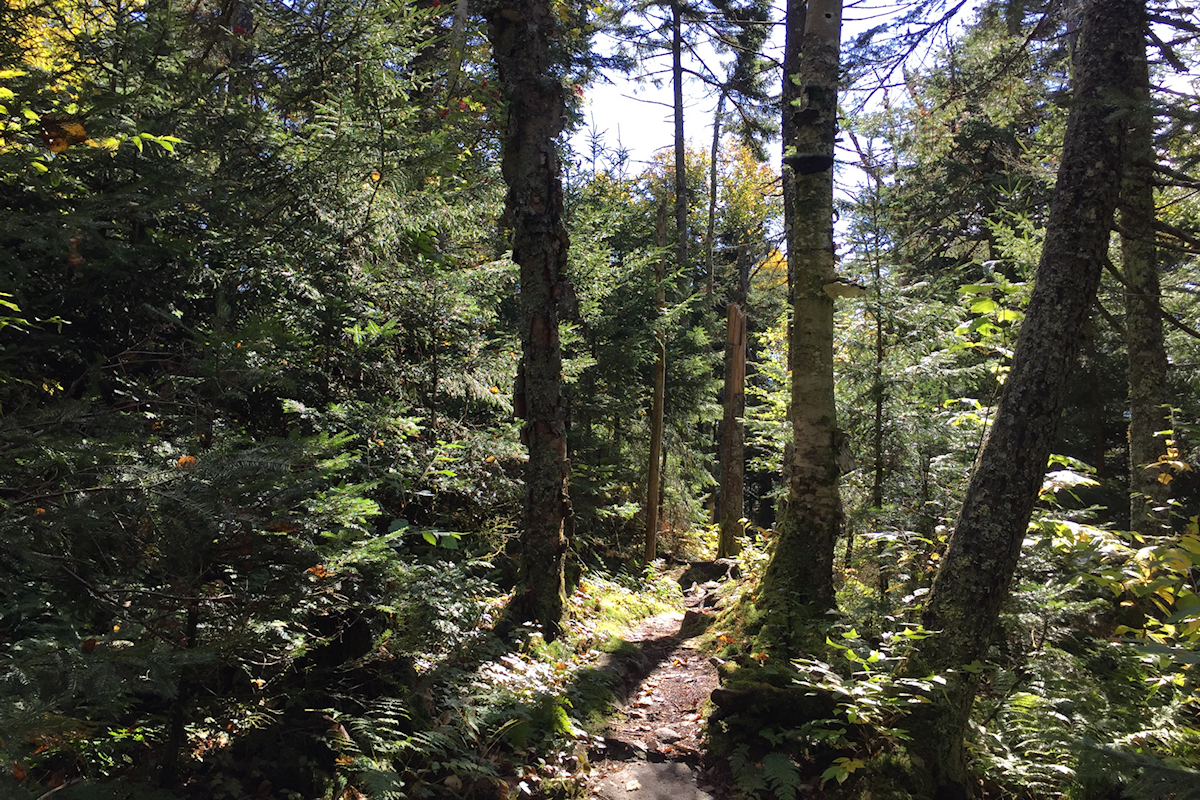
(Two other huge decisions were to have a stay-at-home parent for our children's growing years and to homeschool our kids. But discussing those is reserved for another Reckoning writing project.)
I'm still surprised we've raised our family in the eastern US and Canada, and not the western Canada of our own youth.
When you put the whole mix together - the choices you make (with usually the best of intentions), the wheels set in motion by those choices, the things you can't control in life (which is essentially the biggest things: where and when you're born, political and socio-economic factors outside your influence, who you'll meet and how those meetings will affect your path) - it's no wonder I'm sometimes bewildered, in my forties, about where my life has taken me.
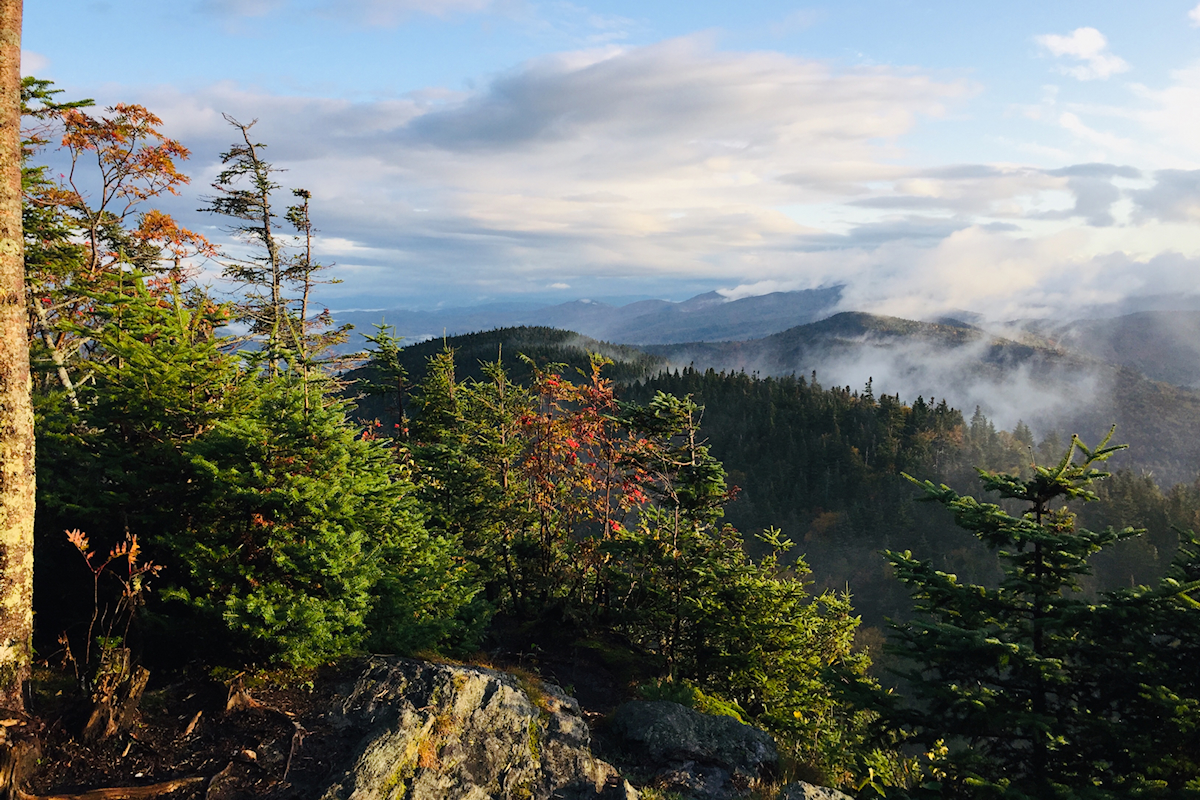
This reminds me of a book series I read a few years back.
The Tales of Alvin the Maker by Orson Scott Card is a series of alternate history novels. They explore the life and experiences of Alvin Miller and his family in fantastical frontier America.
Alvin has a superpower of sorts, the ability to change living and nonliving matter with the force of will, which is a significant arch of the story. But running right alongside that dominant theme is the companion idea that each and every decision we make, even those made with the best intentions, weaves the thread of our lives, together with everyone around us, into a tapestry we can't anticipate.
Card is a masterful storyteller, as anyone who has read the Ender series can attest to. The characters in this series possess magical powers called "knacks" just beyond the edge of plausibility to our modern perspective. You almost believe it might be possible.
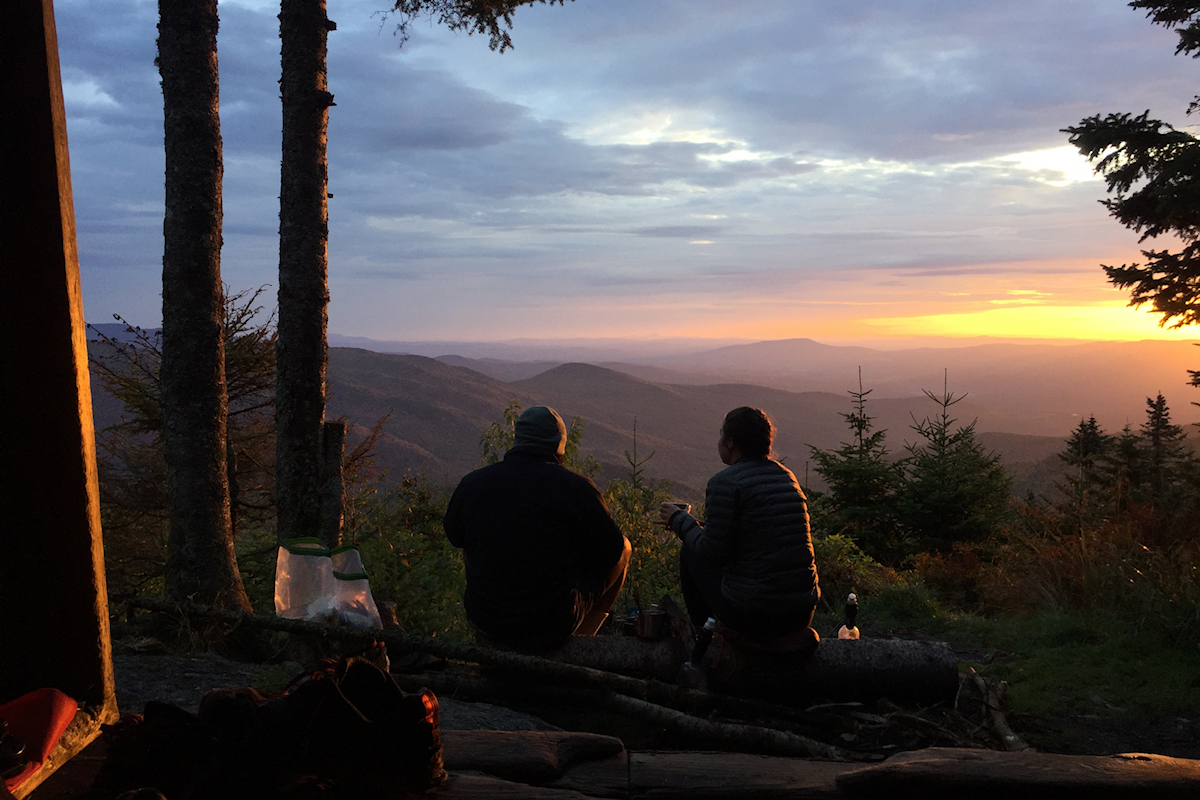
This alternate history is one of my favorite fantasy book series because it is classic myth: it tells the truth, though not necessarily fact.
I loved everything about this series - the alternate history, knacks and heartfires (that fire that burns in each person's heart and speaks to possible future realities). But what I loved most was the over-aching idea that our destiny is not a straightforward path of our own making. Yes, we make choices and those choices direct us certain ways, then other people's choices affect our choices and it's unknowable where that snowball will land and what shape and size it will have. (See my previous post for more snowball metaphor.)
Acting on desire is how we make decisions in our life. It's how we choose, to the extent we can, the path we want to take.
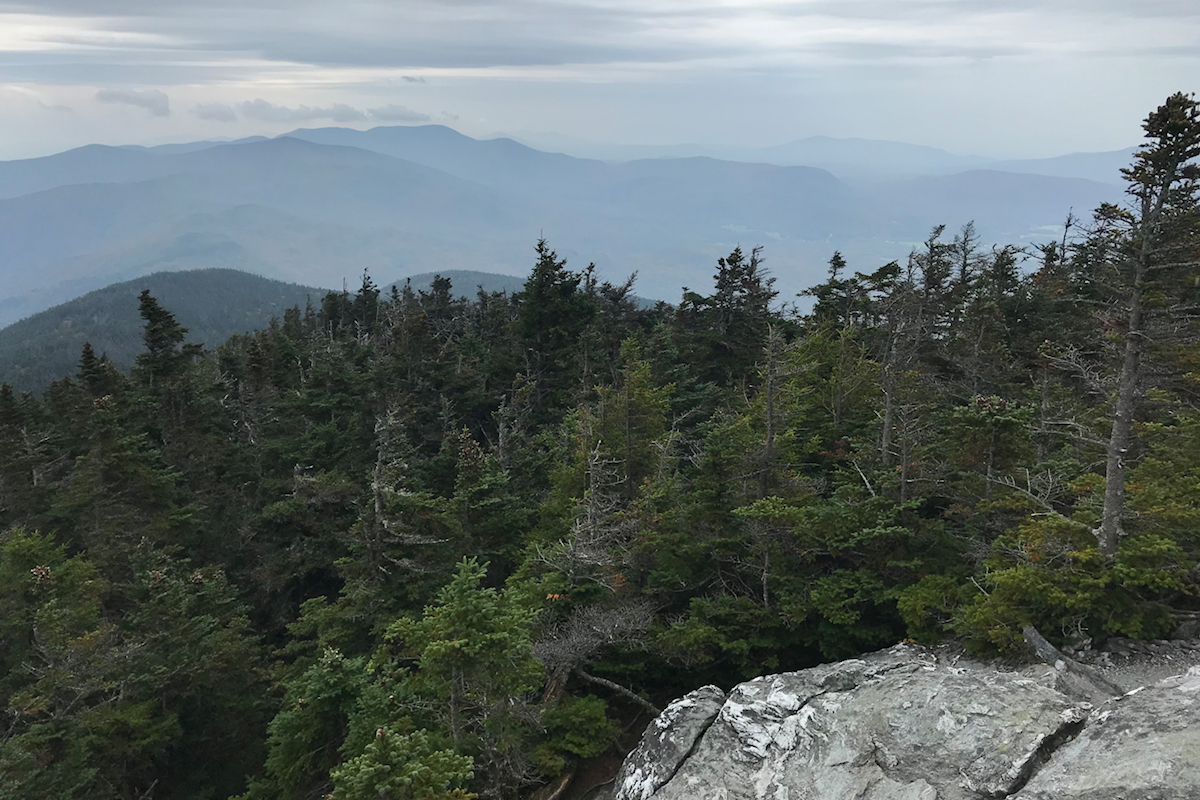
Because of my religious heritage and my inherent struggles with self-doubt I have an un-easy relationship with desire. From a religious perspective, desire in general was not to be trusted, especially those of the body. Which is interesting since Christianity is an embodied religion, God incarnated in humanity.
I was taught desire could be trusted and worked into a life plan if we knew those desires were from God. And if you prayed enough, had enough faith, read the Bible enough you could suss out if your desires were the will of God for your life.
Even at the height of my compliant belief in this idea, late teens and early twenties, this didn't work for me.
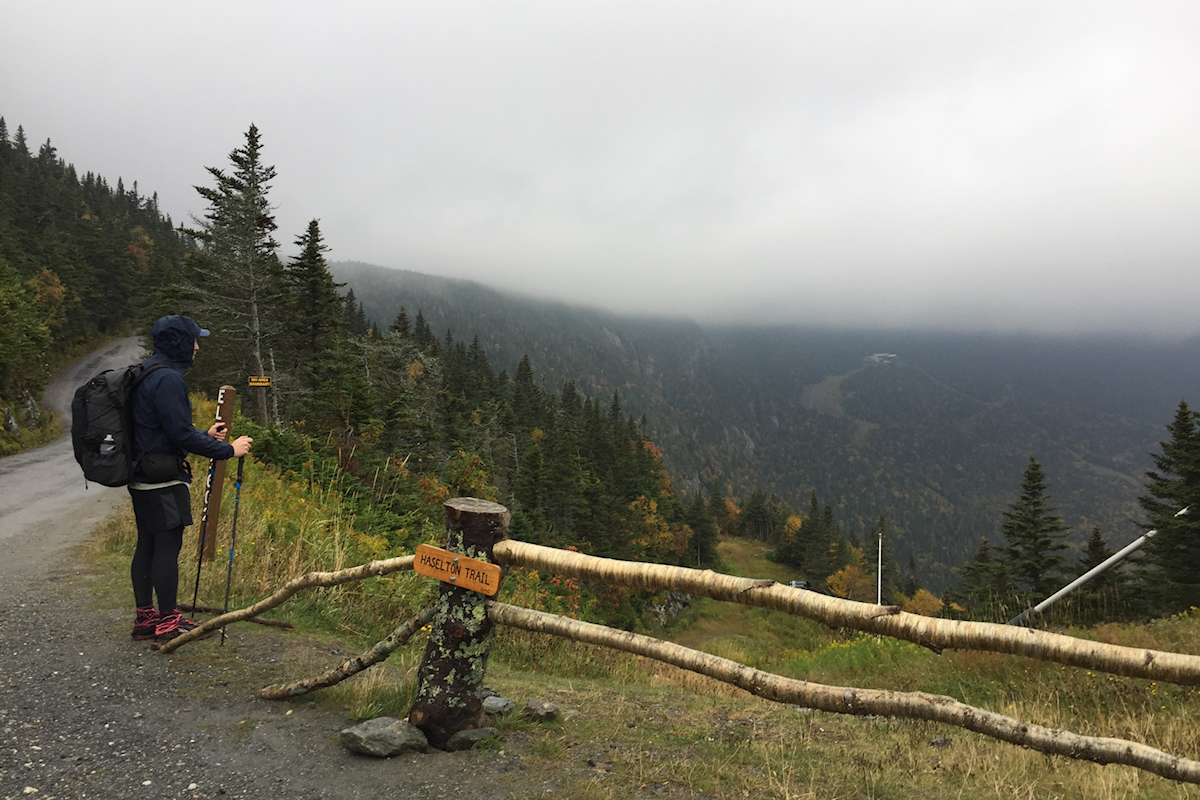
It was never clear to me that what I wanted was what God wanted for my life. My plans didn't seem necessarily contrary to God's will (except for all my capitalist-driven dreams like financial security and home ownership which weren't exactly inline with Jesus' teaching) but I never got a clear confirmation or calling they were "the thing" I was meant to do either.
The certainty with which other Christians would talk about God calling them to do this thing or the other added to my natural state of insecurity and self-doubt.
Knowing God's will for my life, in the particular details, is not a knack I possess. I completely believe that God's will for me is to love others, to think about the greater good, etc. but that doesn't always help in the face of the myriad decisions we make in modern life.
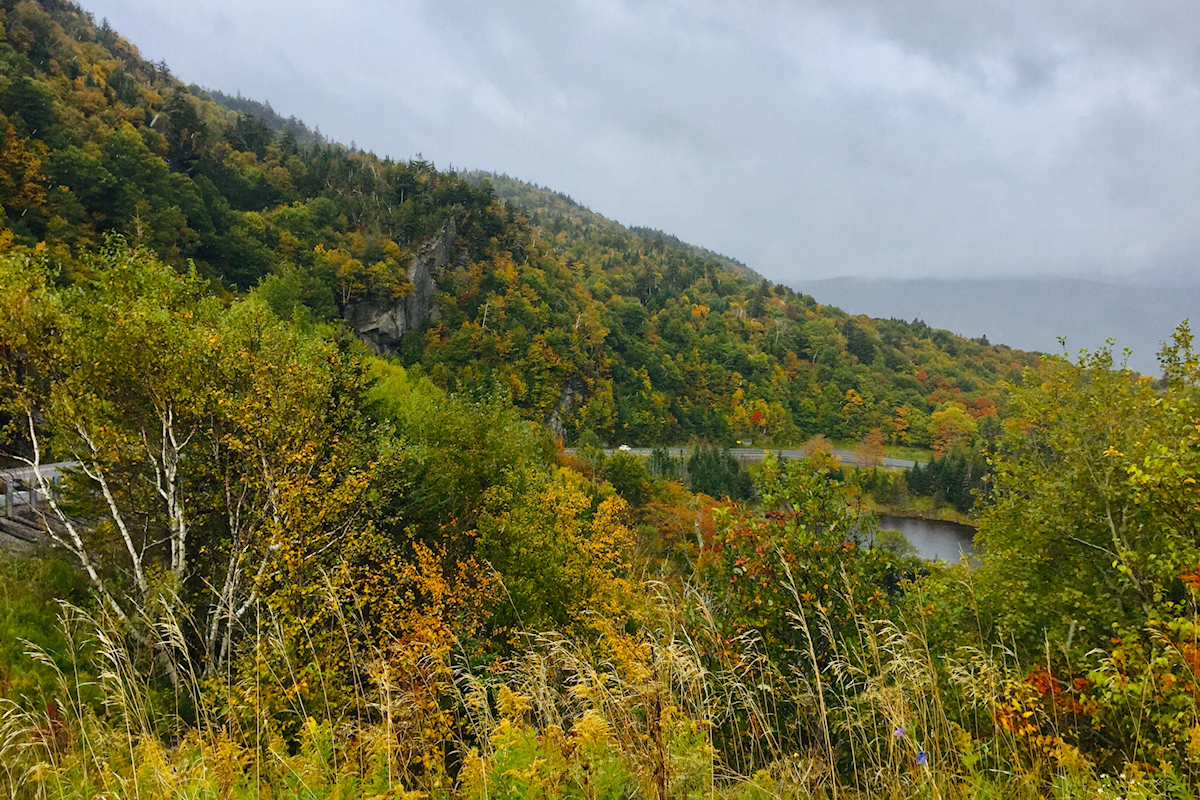
I've come up with my own decision making flowchart. It doesn't always work and sometimes there are true dilemmas, equally undesirable options or equally preferable options that require an almost eeny-meeny, mony-mo decision making strategy. But for the most part I make decisions this way.
First, I try to live my life in line with a higher purpose or good. My higher purpose is Love. Love as the Being of God. Love as the motivation for our actions. And Love as our work in the world. Basically, I'm trying to orient myself in the direction of the collective wellbeing, but also my personal wellbeing, as I am part of the whole.
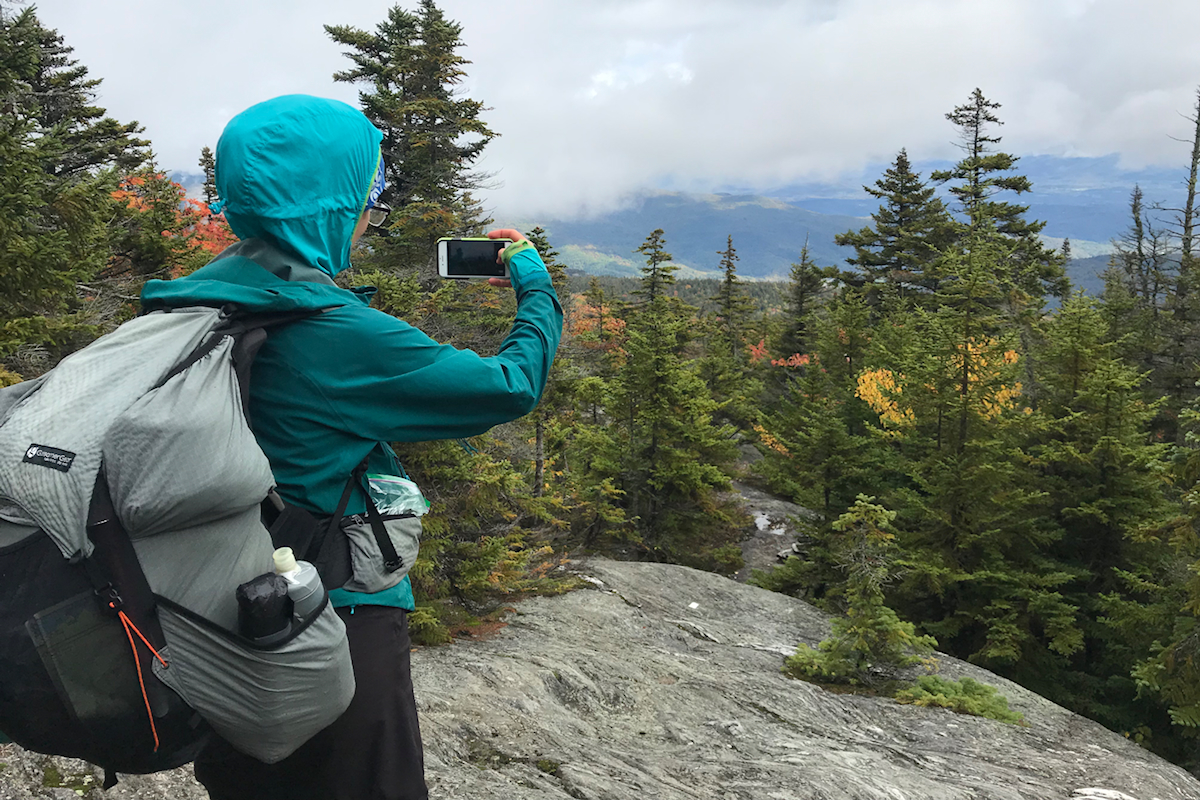
Right now, I'm not going to talk about the tensions between collective and personal wellbeing, which are significant. And I recognize that collective wellbeing is subjective and it's absolutely filtered through the lens of my own experience. But the major religions of the world point us in the direction of service, love, and compassion for others (among other ideals), and my own tradition of Christianity provides a particular example to follow in the life and message of Jesus.
Orientated towards Love, I pay attention to my desires. What do I want in a situation? Where is desire leading? Like I've already said, it's been hard for me to learn to trust my desires. And learning to trust myself, in general, is one of my spiritual and personal development goals.
Are my desires always lined up with the most loving thing? Are they always trust-worthy? No. And sometimes this isn't apparent to me until I act on that desire and see the consequences, but then I adjust.
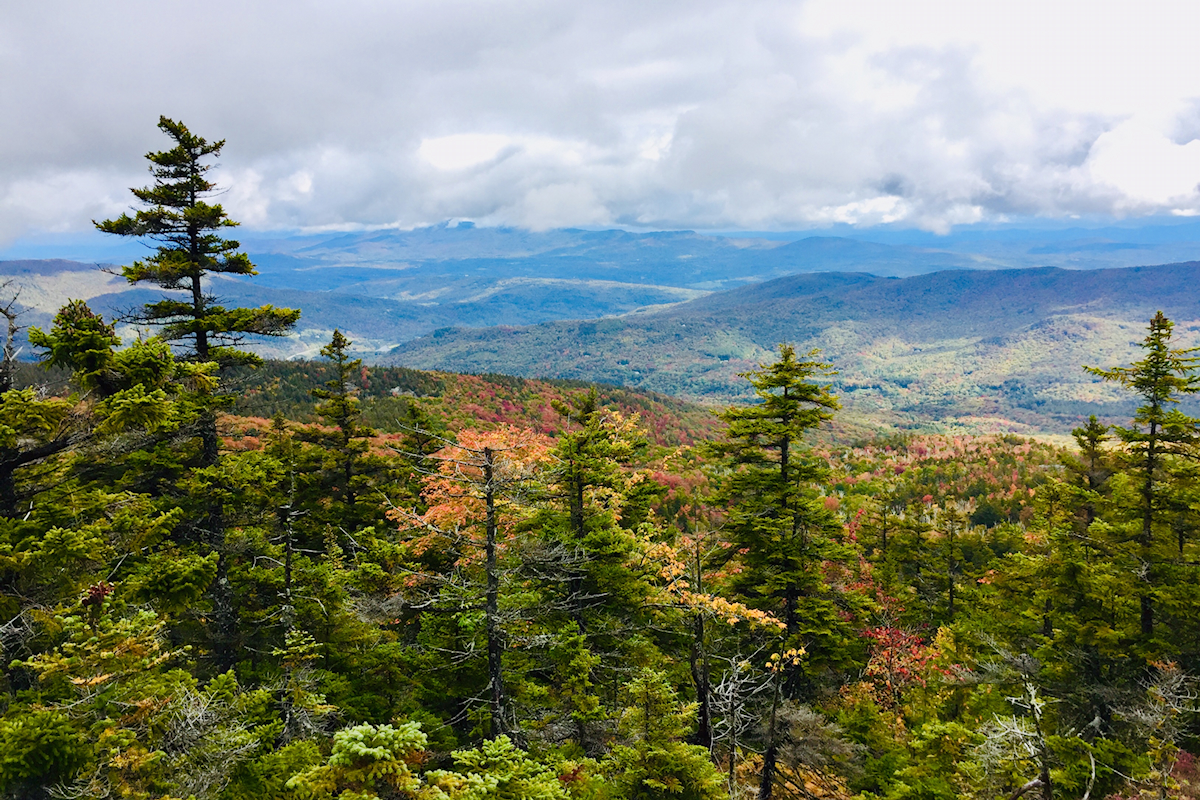
But that's not the whole story of desire or decision-making, not by a long shot.
Next post in this series: The purpose and ultimate irony of desire.
All the images in this post are from my 8 day backpacking trip in September on the Long Trail in Vermont, home of the Green Mountains.
Part of Series
You can subscribe to comments on this article using this form.
If you have already commented on this article, you do not need to do this, as you were automatically subscribed.





